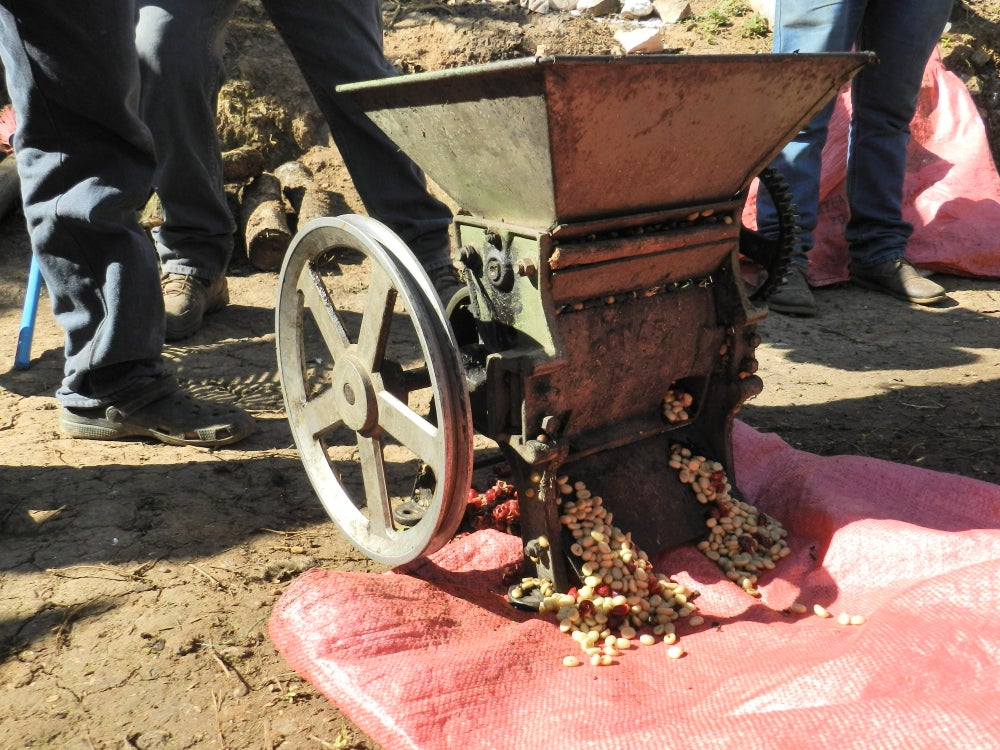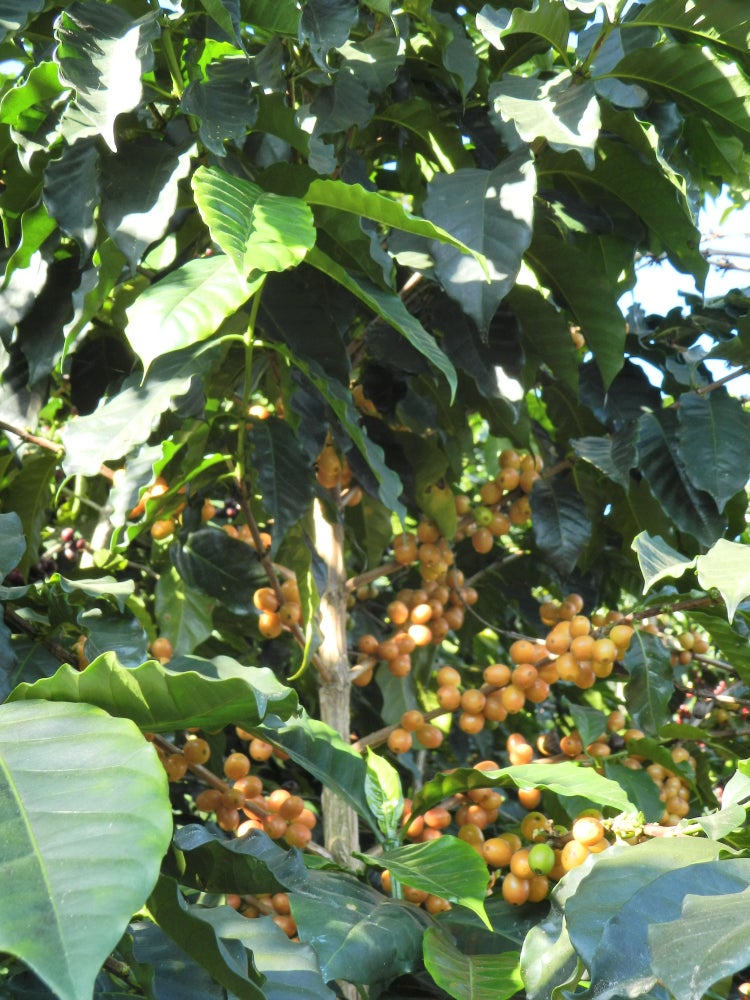About This Coffee
Finca Los Cuxinales is named after the Cuxín tree that provides shade for the farm’s coffee trees. Cuxín trees fix nitrogen in the soil and attract a diverse range of birds and insects, enhancing the farm’s biodiversity.
Cultivation
The farm is over 80 years old. Today, Juan José Falla & Pedro Echeverría Falla cultivate Yellow & Red Bourbon, Caturra, Catuai, Pache and Pacamara in the shadow of the nearby volcano, Volcan de Agua. Located in the Antigua valley, the curving slopes and lower altitude enable irrigation and ensure a consistent, high quality crop.
In addition to coffee, they also cultivate raspberries and macadamia nuts.
Harvest & Post-Harvest
Juan José and Pedro Echeverría selectively handpick cherry and pulp it on the farm’s drum pulper. Coffee is fermented for 6 to 12 hours and washed in clean water. Parchment is then laid on their patio to sundry. They rake parchment frequently to ensure even drying. It takes approximately 12 to 15 days for parchment to dry.
Coffee in Guatemala
Guatemala boasts a variety of growing regions and conditions that produce spectacular coffees. Today, the country is revered as a producer of some of the most flavorful and nuanced cups worldwide. We are proud to work with several exceptional in-country partners to bring these coffees to market.
The Guatemalan coffee industry experienced a major setback with the 2010 appearance of Coffee Leaf Rust (CLR) in Latin America. The epidemic peaked in severity in 2012, and though CLR continues to affect some farms, Guatemala continues to produce high-quality, record-breaking coffees. In 2017, new and varied processing methods pushed prices at the Guatemalan Cup of Excellence contest to record highs.
The quality of coffee being produced in Guatemala is increasing, overall, due to the diversity of the industry’s producers. There are more and more small holder farmers producing exceptional coffee at high altitudes. Cooperatives are becoming more appealing to so many smallholders because they often offer farmers financing and other support for improving their farming and processing and are frequently able to offer higher prices for cherry than middlemen. Many cooperatives have initiated quality improvement training for farmer members and are becoming more adept at helping members market their coffee as specialty.

